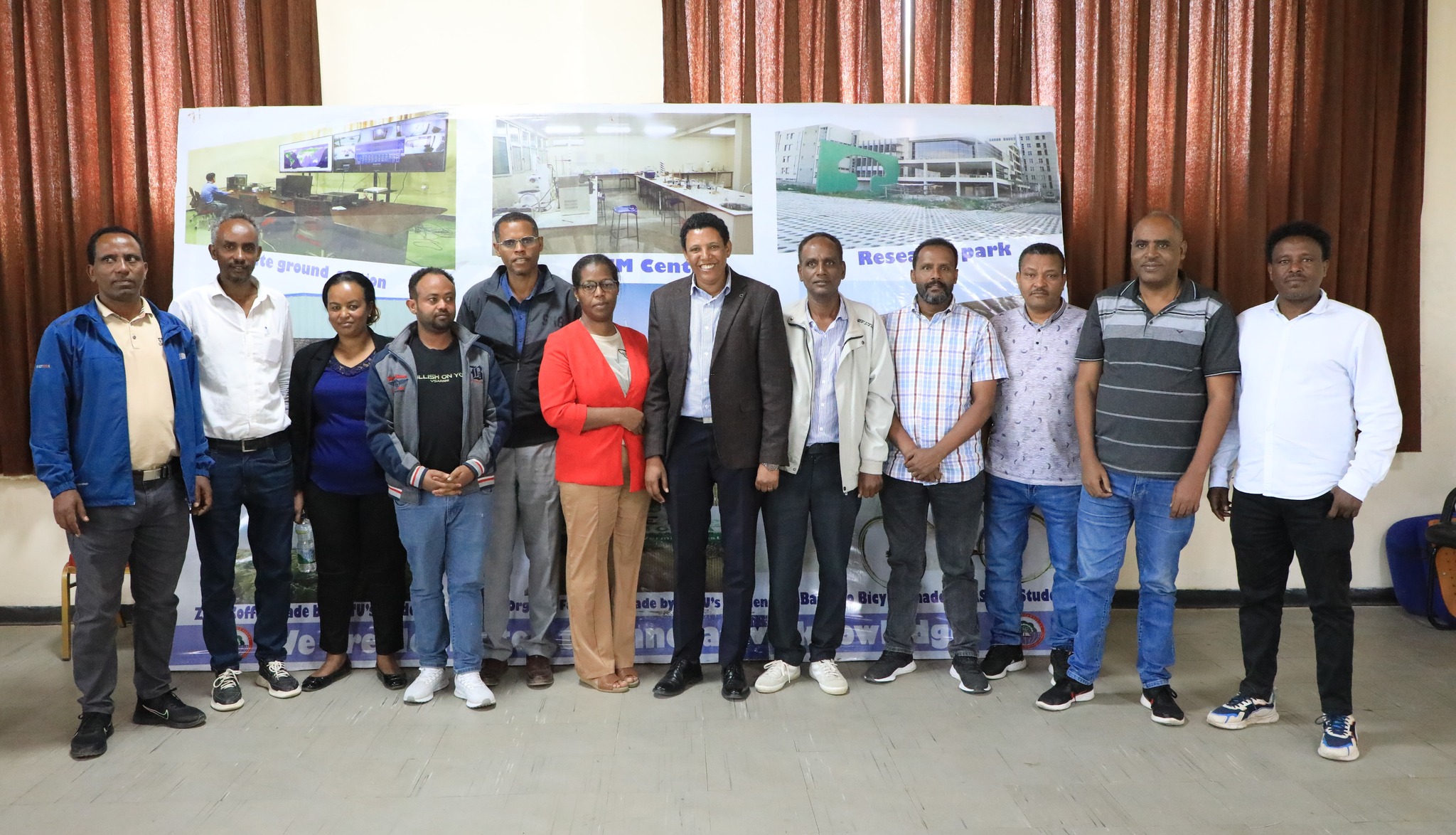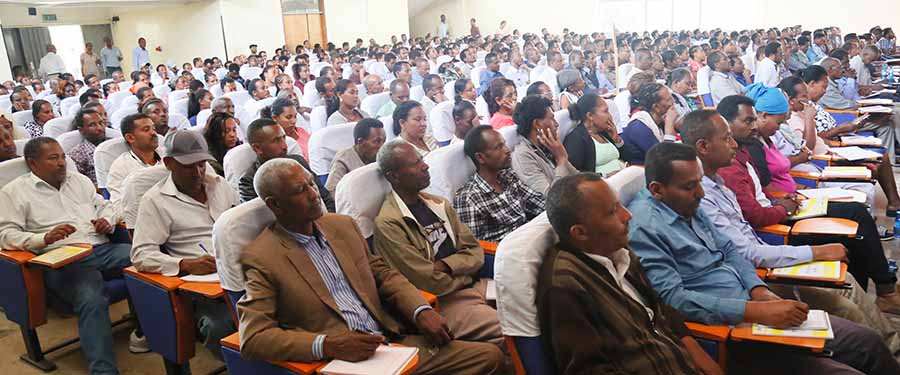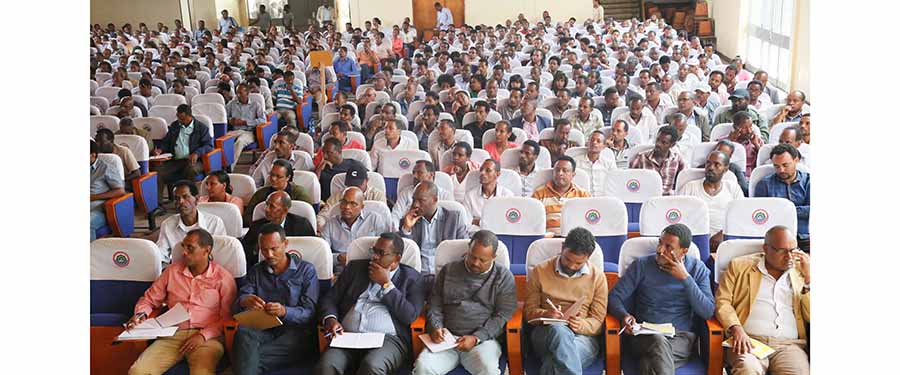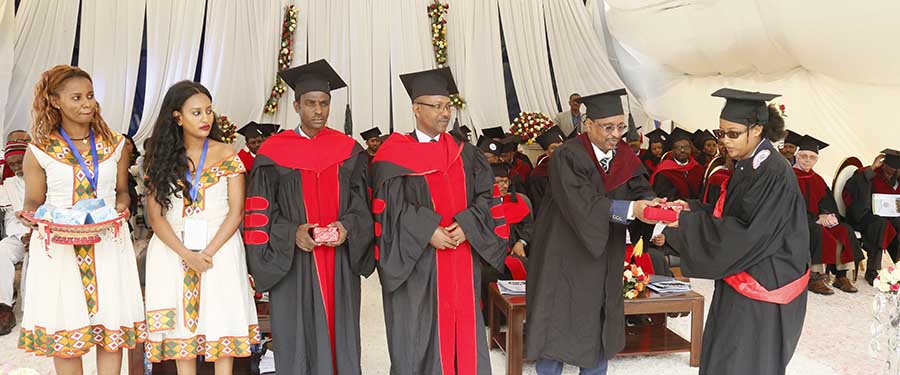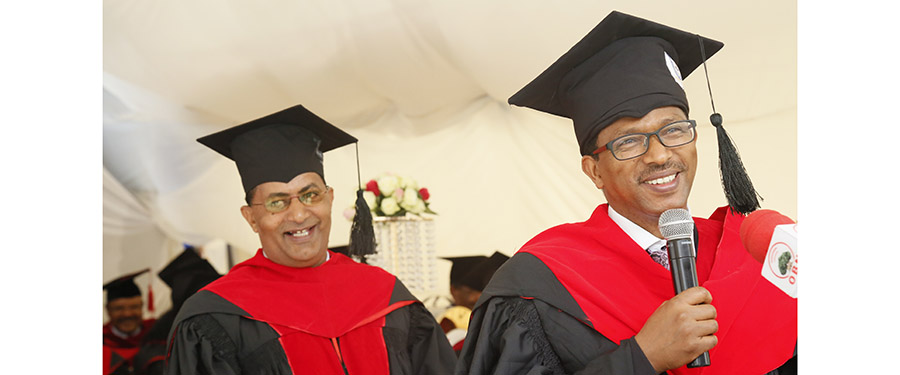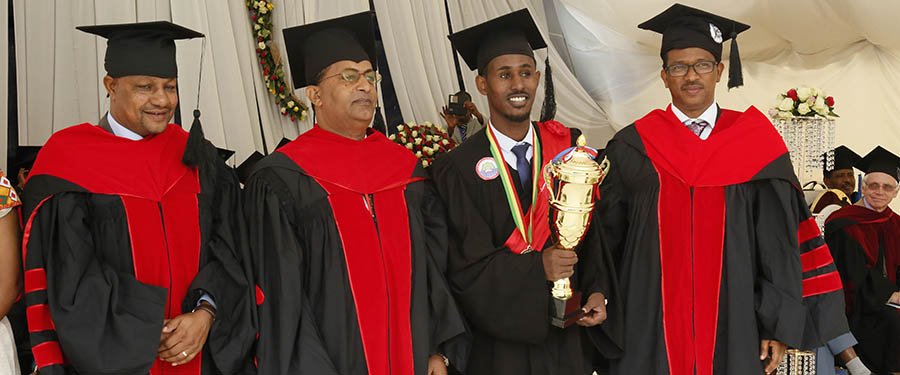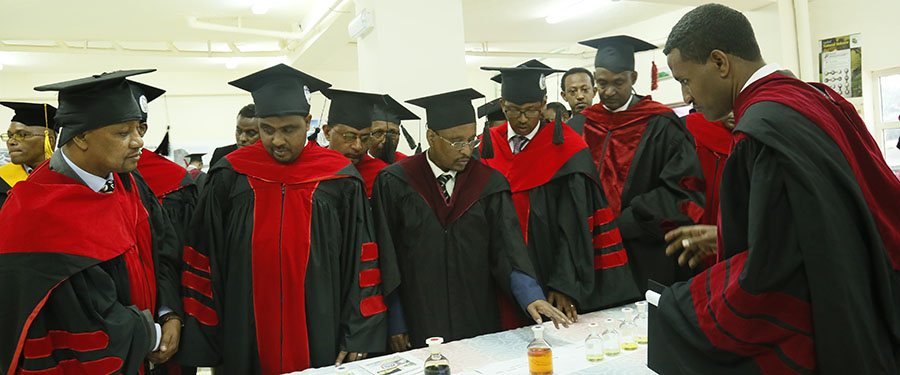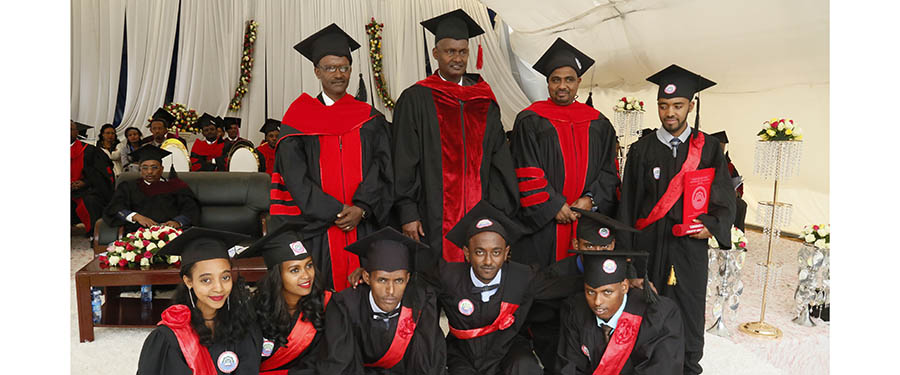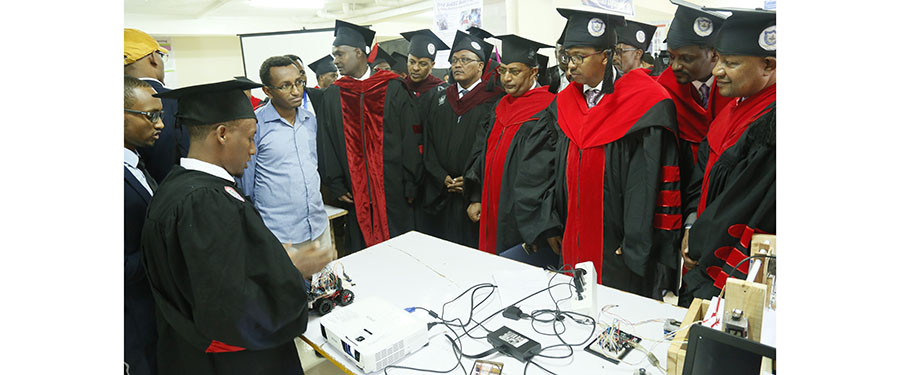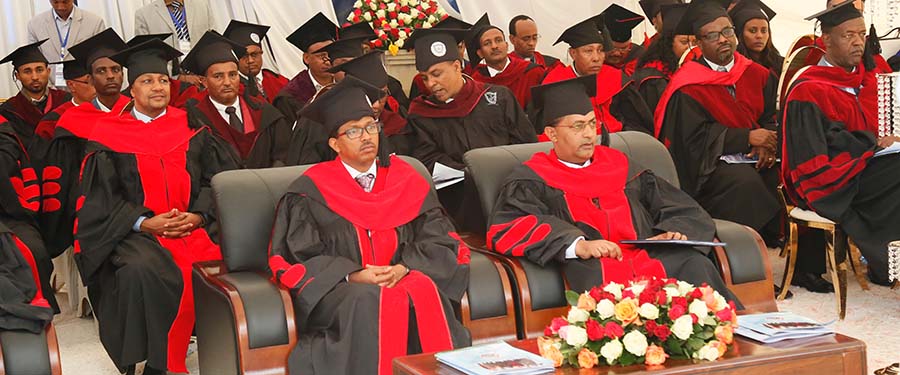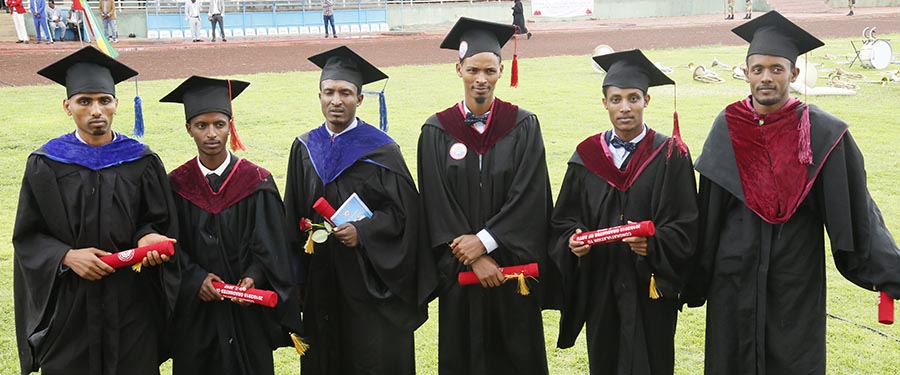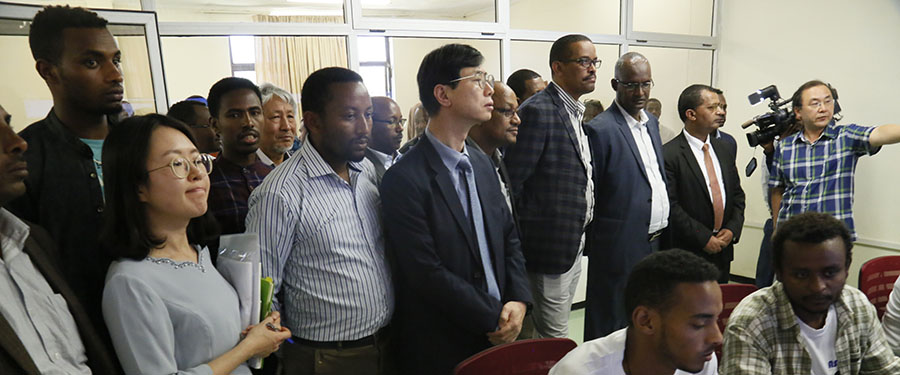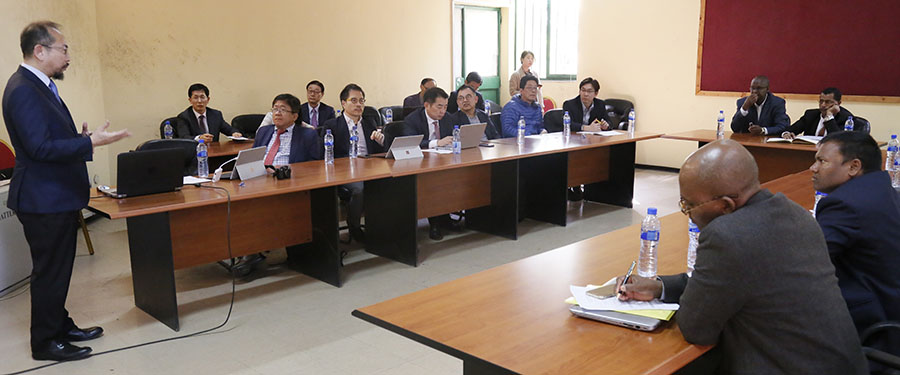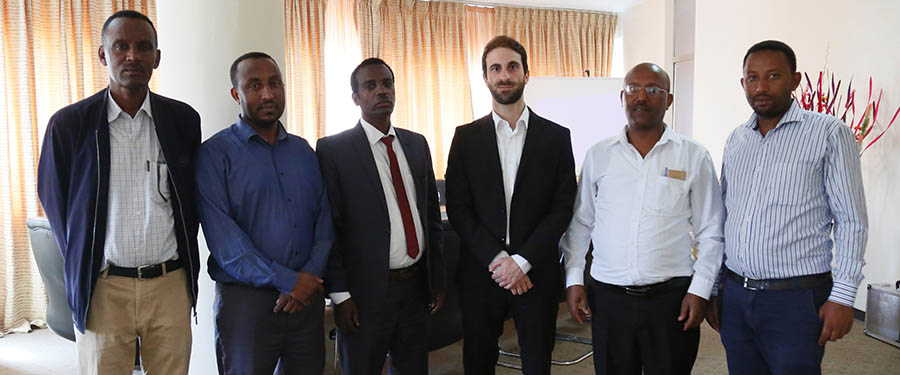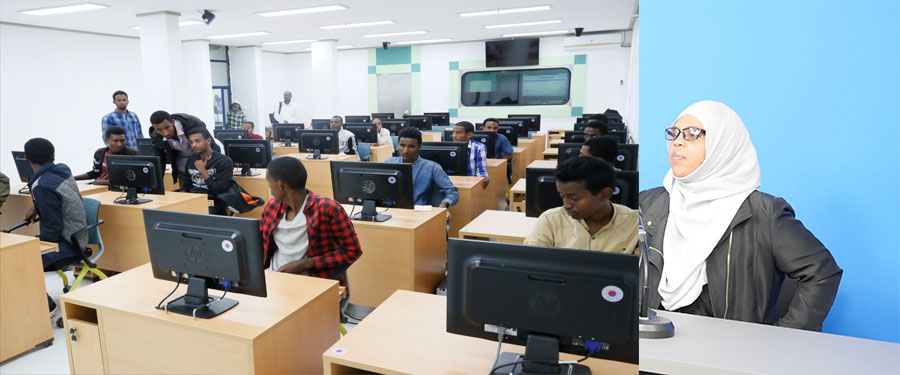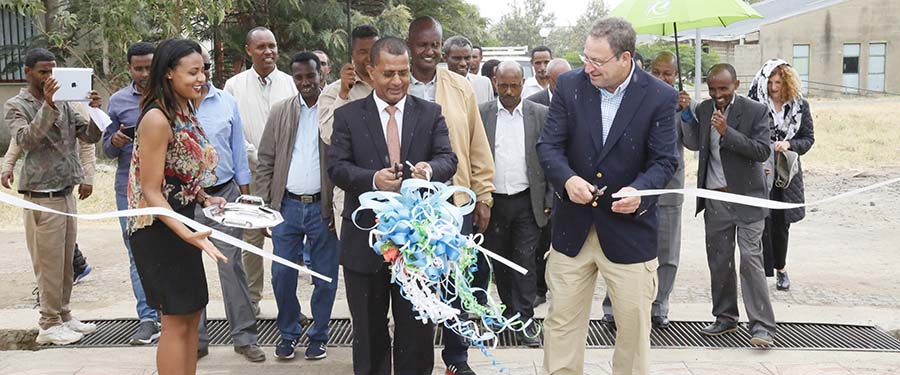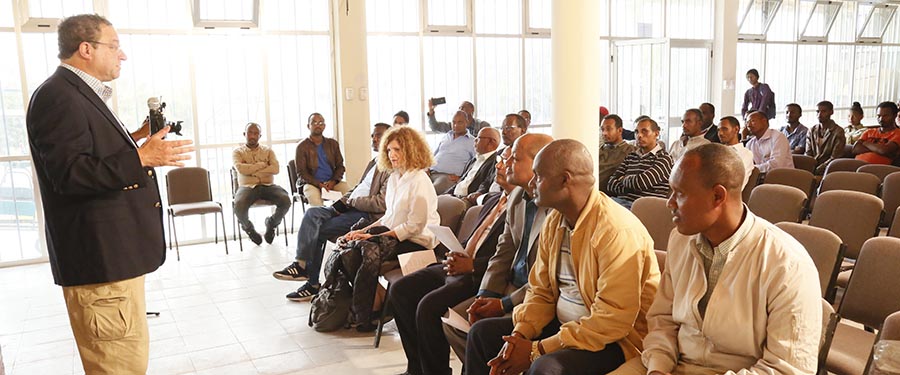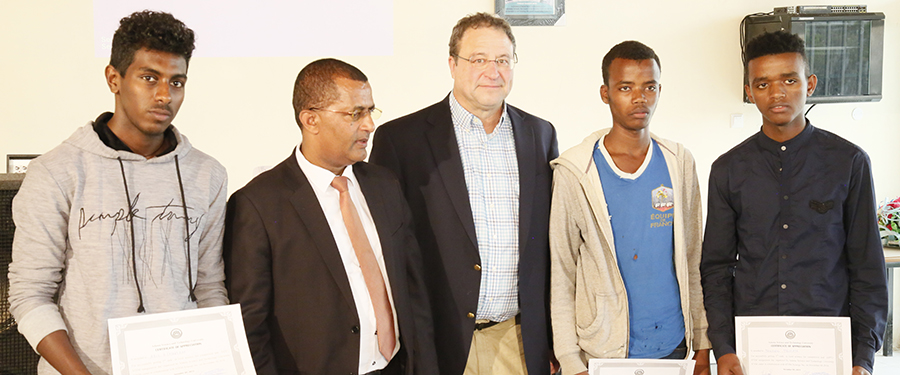Adama Science and Technology University Partners with Ministry of Transport and Logistics and Debre Berhan University
Adama Science and Technology University (ASTU) cooperated with China- Africa Innovation Cooperation
Adama Science and Technology University and the Ethiopian Aviation University discuss areas of collaboration
ASTU Delegation Visits Hubei University of Technology in China to Establish Strategic Partnership
የአዳማ ሳይንስና ቴክኖሎጂ ዩኒቨርሲቲ የቀድሞ ተማሪዎች (alumni) ካርኒቫል ተከበረ
ወደ ራስገዝ ዩኒቨርሲቲነት ሽግግር እያደረገ ባለበት በአሁኑ ወቅት የመጀመሪያውን የቀድሞ ተማሪዎች ካርኒቫል በሀገር ውስጥና በውጪ ሀገር የሚገኙ በርካታ የቀድሞ ተመራቂዎች በተገኙበት በደማቅ ሁኔታ ተከብሯል።፡፡
Adama Science and Technology University (ASTU) organized a validation workshop
Adama Science and Technology University (ASTU) convened a successful validation workshop for the research project entitled "Technology Need Assessment and Strategic Roadmap for the ICT, Trade, Transport and Environment sectors of Oromia Regional State" on May 2, 2025, at the Dire International Hotel in Adama, Ethiopia.
የስካይ ዊን ኤሮናቲክስ ኢንዱስትሪ እና የአዳማ ሳይንስና ቴክኖሎጂ ዩኒቨርሲቲ በተለያዩ የአቅም ግንባታ ዘርፎች በጋራ ለመሥራት የመግባቢያ ስምምነት ተፈራረሙ
